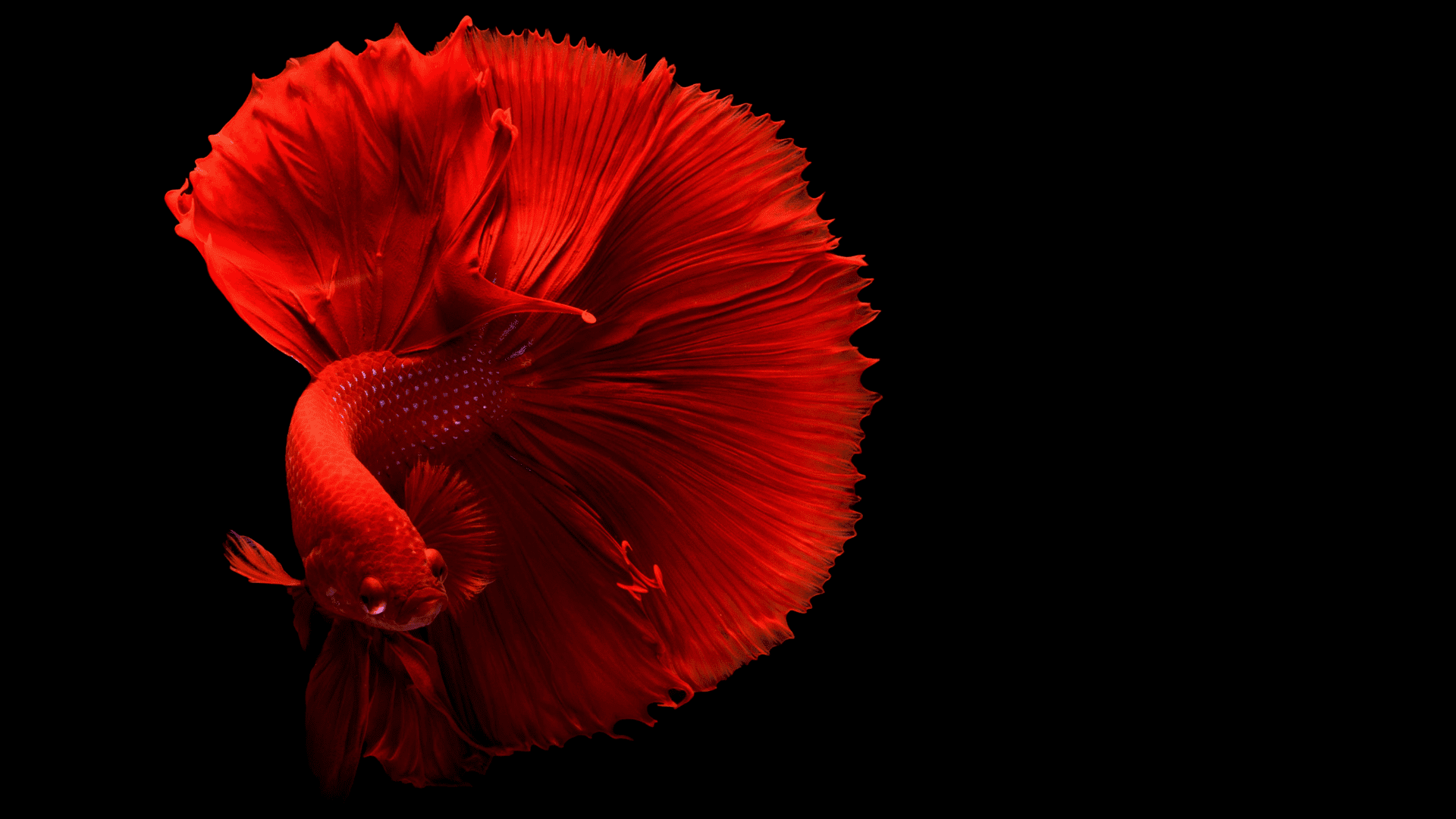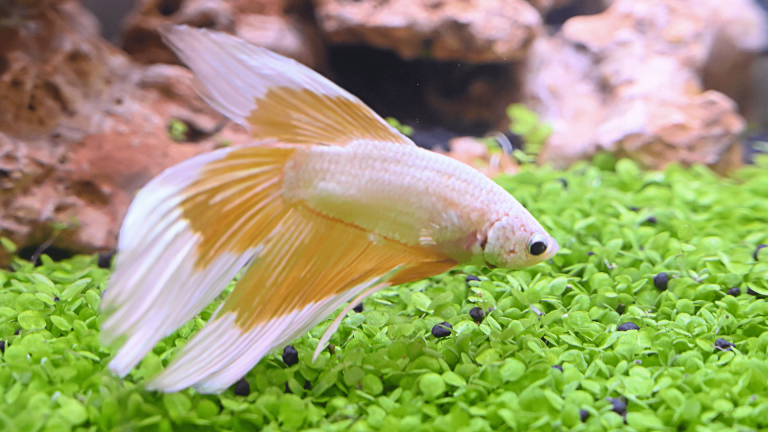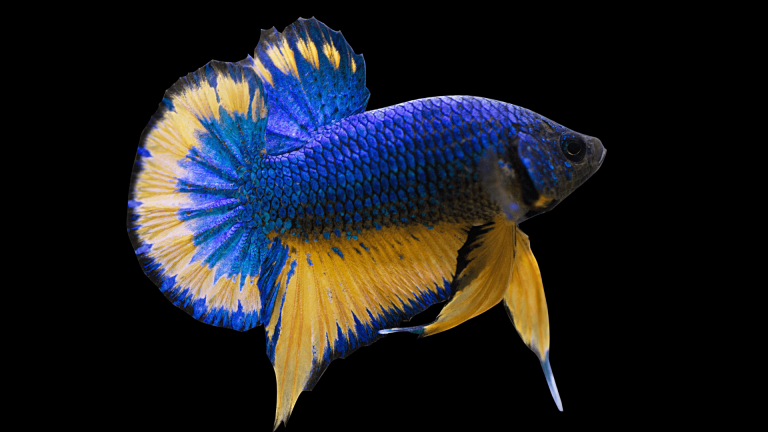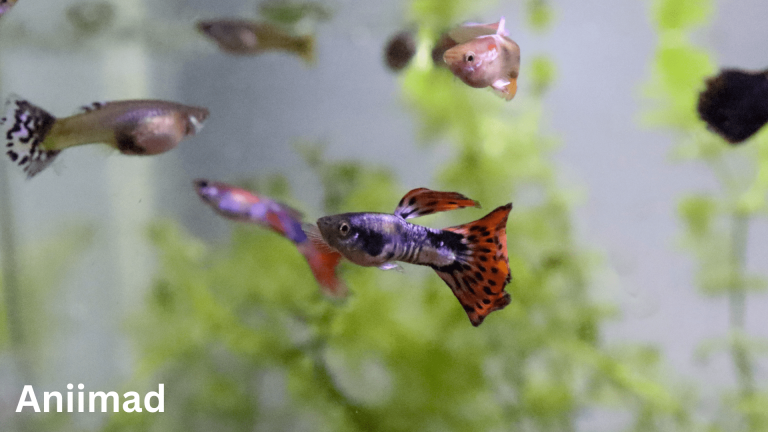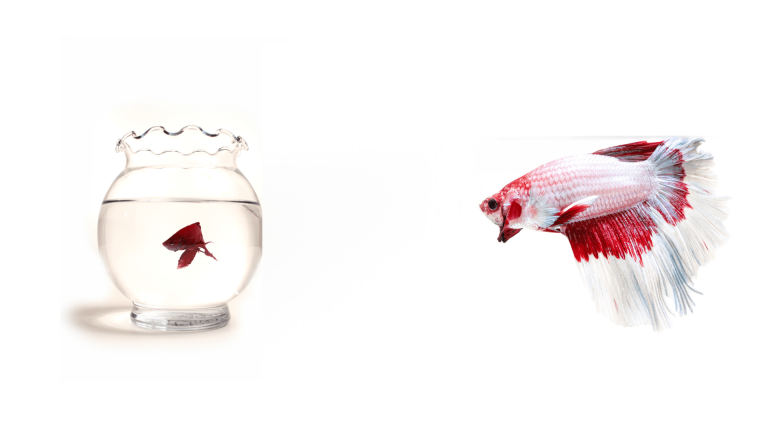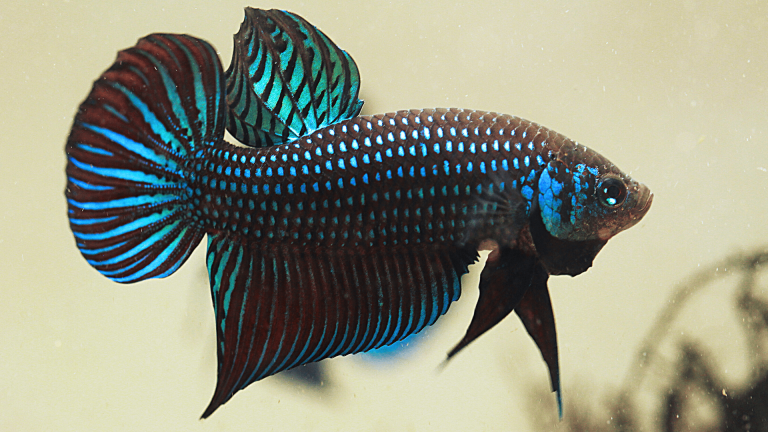What Do Betta Fish Eat? A Complete Guide to Feeding Your Betta
Contents
- 1 What do Betta Fish Eat?
- 2 Do Betta Fish Eat Every Day?
- 3 Will Betta Fish Eat Live Fish?
- 4 How long can a betta fish go without food?
- 5 Here are a Few Things to Consider Regarding Betta Fish and Feeding
- 6 What Can Betta Fish Eat of Human Food?
- 7 What Do Betta Fish Eat in the Wild?
- 8 Here are Some Frequently Asked Questions About What Do Betta Fish Eat
- 8.1 What do betta fish eat?
- 8.2 Can I feed my betta fish human food?
- 8.3 How often should I feed my betta fish?
- 8.4 Can betta fish eat live fish?
- 8.5 Can betta fish go without food?
- 8.6 Can betta fish eat vegetables?
- 8.7 What is the best commercial food for betta fish?
- 8.8 How do I know if my betta fish feed the right amount?
- 8.9 Should I fast my betta fish?
- 8.10 Can betta fish eat other types of live food?
- 9 Conclusion
What do Betta Fish Eat? & A Complete Guide to Feeding Your Betta. Betta fish, or Siamese fighting fish, are beautiful and vibrant creatures that have become popular pets for aquarium enthusiasts. Proper nutrition is essential for these fish’s overall health and well-being. If you’re a proud betta fish owner or planning to get one, it’s necessary to understand their dietary needs. In this article, we will explore the various aspects of a betta fish’s diet and provide valuable insights into what they eat.
What do Betta Fish Eat?

1. The primary diet of betta fish
Betta fish are naturally predatory, which means they primarily consume animal-based food. In their natural habitat, bettas feed on small insects, larvae, and even tiny crustaceans.
2. Commercial betta fish food
One of the most convenient options for feeding betta fish is a commercial food readily available in pet stores. These foods usually come in the form of pellets or flakes. Look for high-quality fish food specifically formulated for bettas, as they contain the essential nutrients, vitamins, and minerals required for optimal health. To ensure that the food satisfies the unique dietary requirements of betta fish, carefully read the product labels.
3. Live and frozen foods
Consider supplementing their meals with live or frozen foods to add variety to your betta fish’s diet. Many betta owners find that their fish thrive on a diet that includes live or frozen bloodworms, brine shrimp, daphnia, or mosquito larvae. These foods closely resemble the natural diet of bettas and provide them with additional nutrients. Live foods can purchase at fish stores or cultured at home, while frozen options are usually available in the freezer section of pet stores.
4. Feeding frequency and portion control
Betta fish have small stomachs, so it’s crucial to avoid overfeeding. Aim to feed your betta fish small portions they can consume within a couple of minutes, two to three times a day.

5. Treats and supplements
While a balanced diet of commercial betta fish and live/frozen foods should meet your betta’s nutritional requirements, occasional treats can be a fun addition. However, treats should only constitute a small portion of their overall diet. Treat options for betta fish include freeze-dried foods like bloodworms or brine shrimp. Additionally, you can consider using fish vitamin supplements, but consult with a veterinarian or fish expert to ensure proper dosage and usage.
Do Betta Fish Eat Every Day?

Betta fish typically require daily feedings, but the amount and frequency can vary depending on their age, size, and overall health.
Here’s a General Guideline for Feeding Betta Fish
Adult betta fish
Adult bettas should feed once or twice a day. Splitting their daily portion into two smaller meals is recommended to prevent overeating. Feed them an amount that they can consume within two to three minutes.
Juvenile betta fish
Juvenile bettas have higher metabolisms and may require more frequent feedings. They can be fed three times a day, again in smaller portions. Monitor their eating habits and adjust the feeding frequency accordingly.
Older betta fish
As bettas age, their metabolism may slow down. Adjust their feeding schedule accordingly, but ensure they receive proper nutrition. If your older betta fish shows reduced appetite or weight loss, consult a veterinarian to address any underlying health issues.
Remember, portion control is vital to prevent overfeeding. Overfeeding can lead to obesity, bloating, and other health problems. Always observe your betta fish while they eat to ensure they consume their food within a few minutes, and remove any uneaten food promptly to maintain water quality.
It’s worth noting that fasting betta fish for one day a week can help improve their digestion and prevent constipation. However, it’s essential to consult a veterinarian or a knowledgeable fish expert for personalized advice based on your betta’s specific needs and condition.
Maintaining a consistent and balanced feeding routine and a varied diet will contribute to the health and well-being of your betta fish.
Will Betta Fish Eat Live Fish?

Betta fish are carnivorous and have the instinct to chase and consume live prey. They feed on small insects, larvae, and even tiny crustaceans in their natural habitat. However, it’s important to note that feeding live fish to bettas is generally not recommended for several reasons:
01. Compatibility
Betta fish, especially males, have aggressive tendencies and may exhibit territorial behavior. Introducing live fish into the betta’s tank can lead to fights and potential injury or even death for both the betta and the live fish.
02. Disease transmission
Live fish purchased from pet stores or other sources may carry diseases or parasites that can harm your betta fish. Introducing live fish without proper quarantine and health checks can increase the risk of disease transmission and compromise the well-being of your betta.
03. Nutritional balance
While live fish can provide a natural food source, they may not offer a balanced diet for betta fish. Commercial betta fish food and other high-quality formulated diets specifically designed to provide betta fish with the necessary nutrients, vitamins, and minerals. These foods often offer a more balanced and controlled nutritional profile than live fish.
If you wish to provide a varied diet for your betta fish, consider offering frozen or freeze-dried options like bloodworms, brine shrimp, or daphnia. These options closely resemble the natural prey of bettas and can provide additional nutritional benefits without the risks associated with live fish.
Always research and consult with a veterinarian or experienced fish keeper to ensure you provide the best diet and care for your betta fish based on their specific needs.
How long can a betta fish go without food?
Betta fish can generally survive for about 7 to 14 days without food, depending on various factors such as their overall health, age, and stored body fat. However, it’s important to note that intentionally depriving them of food for extended periods is not recommended and can adversely affect their health.
Here are a Few Things to Consider Regarding Betta Fish and Feeding

01. Regular feeding schedule
Betta fish should feed daily to receive proper nutrition. Consistency in feeding helps maintain their overall health and prevents issues like malnutrition or weakened immune systems.
02. Vacation feeders
If you need to be away for a short period, you can use specialized vacation feeders designed to release food over several days slowly. However, these should use sparingly, and it’s still important to have someone check on your betta’s overall well-being while you’re away.
03. Fasting periods
While betta fish should have a regular feeding routine, occasional fasting can be beneficial. Fasting for one day a week can help improve digestion and prevent constipation. However, more extended periods without food should avoid
04. Consult a veterinarian
If you anticipate an extended absence or are concerned about feeding your betta fish, it’s advisable to consult a veterinarian or seek advice from an experienced fishkeeper. They can guide proper care, feeding options, and potential alternatives to ensure your betta’s well-being during your absence.
Remember, proper nutrition is essential for the health and longevity of your betta fish. Establishing a feeding routine that meets their dietary needs and supports their overall well-being is best.
What Can Betta Fish Eat of Human Food?

While betta fish primarily require a diet consisting of commercial betta fish food and live/frozen foods specifically formulated for them, certain human foods can offer occasional treats in small quantities. It’s important to remember that these should not replace their regular diet and should provide in moderation. Here are a few human foods that can consider treats for betta fish
1. Cooked, unseasoned meats
Small portions of cooked, unseasoned meats like shrimp, fish, or chicken can be a treat. Ensure the meat is thoroughly cooked and free of any seasonings, spices, or additives.
2. Frozen peas
Occasionally, you can offer blanched and peeled frozen peas to betta fish. Peas can help with digestion and act as a natural laxative. Before feeding, remove the skin and chop the meat into small pieces.
3. Daphnia or mosquito larvae
If you can access mosquito larvae or daphnia, they can be a natural treatment for bettas. These live foods closely resemble their raw diet and can be a good source of nutrition.
4. Brine shrimp
While brine shrimp are commonly available as frozen or live food for bettas, you can also offer them as a treat if you can access freshly hatched brine shrimp.
It’s crucial to note that these treats should only constitute a small portion of their overall diet. Additionally, ensure that any human food offered to betta fish is free from seasonings, additives, and harmful substances. Before introducing any new food, research it thoroughly and monitor your betta fish’s response to ensure it doesn’t cause any adverse effects.
Always prioritize a balanced diet of commercially prepared betta fish food as the primary source of nutrition for your fish, and consult with a veterinarian or experienced fish keeper for specific dietary recommendations for your fish’s individual needs.
What Do Betta Fish Eat in the Wild?

In the wild, betta fish are carnivorous and primarily feed on small insects, larvae, and other tiny organisms in their natural habitat. Their diet typically consists of the following:
01. Insects
Betta fish consume insects like mosquitoes, flies, gnats, and other tiny flying creatures that land on the water’s surface. They use their labyrinth organ to breathe air, allowing them to gulp insects from the water’s surface.
02. Larvae
Betta fish feed on the larvae of various insects, including mosquito larvae, which are rich in protein. They use their excellent vision and agility to catch and consume these wriggling larvae.
03. Small Crustaceans
Betta fish also consume small crustaceans such as daphnia, copepods, and water fleas. These tiny organisms provide an excellent source of nutrition and are part of their natural diet.
04. Zooplankton
In the wild, bettas may also feed on zooplankton, microscopic organisms drifting in the water column. Zooplankton can include tiny animals like rotifers and small crustaceans.
It’s important to note that the diet of wild betta fish may vary depending on their specific habitat and the available food sources in that particular environment. In captivity, replicating their natural diet as closely as possible through a combination of high-quality commercial betta fish food, live or frozen insects, and larvae will help meet their nutritional needs.
Here are Some Frequently Asked Questions About What Do Betta Fish Eat

What do betta fish eat?
Betta fish are carnivorous and primarily eat commercial betta fish food, which is available as pellets or flakes. They also enjoy live or frozen foods such as bloodworms, brine shrimp, daphnia, and mosquito larvae.
Can I feed my betta fish human food?
While betta fish primarily require a specialized diet, occasional treats of cooked, unseasoned meats and blanched peas can offer in small quantities. However, human food should not replace their regular diet and should provide in moderation.
How often should I feed my betta fish?
Adult betta fish should feed once or twice daily, while juvenile bettas may require three meals daily. Feed them small portions that they can consume within a few minutes. Avoid overeating because it might cause obesity and other health issues.
Can betta fish eat live fish?
Feeding live fish to betta fish is generally not recommended. Introducing live fish can lead to territorial aggression and potentially harm the betta and the live fish. Additionally, live fish may carry diseases or parasites that can harm bettas.
Can betta fish go without food?
Betta fish can survive for about 7 to 14 days without food, but intentionally depriving them of food for extended periods is not recommended. Regular feeding is essential for their health and well-being.
Can betta fish eat vegetables?
While they are primarily carnivorous, they can offer blanched and peeled frozen peas as an occasional treat. However, vegetables should differ from their main diet, which consists of animal-based foods.
What is the best commercial food for betta fish?
High-quality commercial betta fish food specifically formulated for bettas is recommended. Look for brands with a balanced nutritional profile, including essential vitamins and minerals.
How do I know if my betta fish feed the right amount?
Monitor your betta fish’s eating habits. Feed them small portions they can consume within a few minutes. Adjust the amount if they consistently leave food behind or show signs of overeating.
Should I fast my betta fish?
Fasting betta fish one day a week can help improve digestion and prevent constipation. However, consult a veterinarian or fish expert for personalized advice based on your betta’s needs.
Can betta fish eat other types of live food?
Betta fish can eat brine shrimp, bloodworms, daphnia, and other live or frozen meals that closely mirror their natural diet. These can be offered as treats or as part of a varied diet to provide additional nutrients.
Remember, providing a balanced and appropriate diet for betta fish is essential to ensure optimal health and well-being. Consulting with a veterinarian or experienced fish keeper can help address any specific dietary concerns or requirements for your betta fish.
Conclusion
In conclusion, betta fish are carnivorous and primarily eat commercial betta fish food, which is available as pellets or flakes. They can also feed live or frozen foods such as bloodworms, brine shrimp, daphnia, and mosquito larvae. While occasional treats of cooked, unseasoned meats and blanched peas can offer in small quantities, they should not replace their regular diet.
Feeding betta fish should be done once or twice a day for adults and up to three times a day for juveniles, in small portions that they can consume within a few minutes. Overfeeding should avoid preventing obesity and related health issues.
Feeding betta fish live fish is generally not recommended, as it can lead to aggression and potential harm. Live or frozen foods can offer rewards or diversity, while commercial betta fish and tailored diets made to provide balanced nutrition.
Monitoring betta fish’s eating habits and adjusting the feeding amount is vital to ensure they receive the right food. Fasting betta fish one day a week can aid digestion and prevent constipation.
While betta fish have specific dietary requirements, it’s always a good idea to consult a veterinarian or experienced fish keeper for personalized advice based on your betta’s needs. A proper and balanced diet is crucial to maintaining betta fish’s health and well-being.
